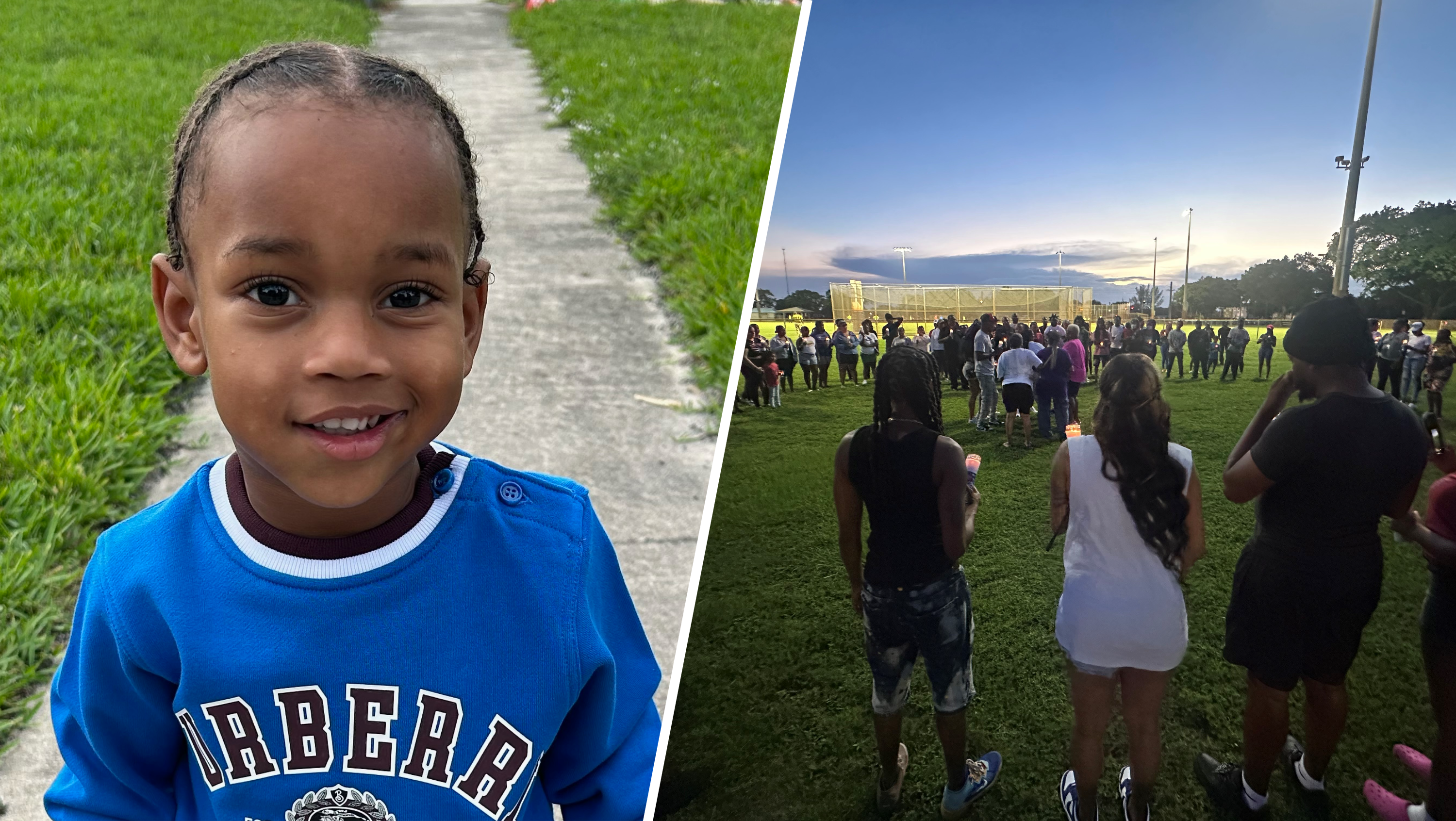Another $310 billion lifeline was thrown Friday to devastated small businesses, after the first attempt at the Payroll Protection Program quickly ran out of the $342 billion it was allotted.
This time -- after news reports revealed Congress allowed large publicly traded corporations to enter a program originally designed for small businesses -- the Treasury Department changed its advice to applicants.
Congress, heeding calls from lobbyists, suspended the ordinary requirement that loan recipients be unable to obtain credit elsewhere, and it allowed huge chains to skirt the 500-employee maximum definition for a small business. Instead, it gave the companies access to the money if they had fewer than 500 employees per location.
Now, as banks prepare to submit applications Monday for the next round of PPP funding, the Trump administration warned applicants "it is unlikely that a public company with substantial market value and access to capital markets" will qualify.
For those who already got loans the first time around and are having second thoughts about whether they properly qualified, the Small Business Administration says they have until May 7 to repay the money -- no questions asked.
Some companies already have said they will return the money, including the Florida-based parent of Ruth's Chris Steakhouses, which obtained two maximum $10 million loans through subsidiaries.
Shake Shack also returned its $10 million loan.
Local
One large restaurant chain that hasn't is Fiesta Restaurant Group, which owns Pollo Tropical and obtained $15 million in loans.
In light of the new guidance, though, the company said it is "currently reviewing" the situation and will "determine (if) it is appropriate to retain the loans."
US Rep. Debbie Mucarsel-Powell (D-Miami) said the loan money "was not intended to go to large publicly traded businesses, absolutely not."
And that includes Fiesta Restaurant Group, where her husband, Robert Powell, is a vice president in the legal department.
"He thinks that the way it was written was faulty," she said, adding he played no role in the company getting the loans. "He agrees with me that it shouldn’t have been written in the way that it was (allowing) publicly traded companies to obtain those loans."
Mucarsel-Powell blamed Republicans, including Sen. Marco Rubio, an architect of the PPP, for caving into lobbyists' demands that huge restaurant and hotel chains and other companies that could otherwise obtain credit be allowed to get the loans.
"I have been advocating to get that funding directly into the hands of those small mom-and-pop businesses," she said.
Rubio declined to comment to NBC 6, but earlier this week on Twitter blamed haste in a national emergency.
"When you do something like that, you’re always going to have things that happen that you didn’t intend and things you didn’t foresee," Rubio said. "And our job is to make it faster and simpler and to fix it."



